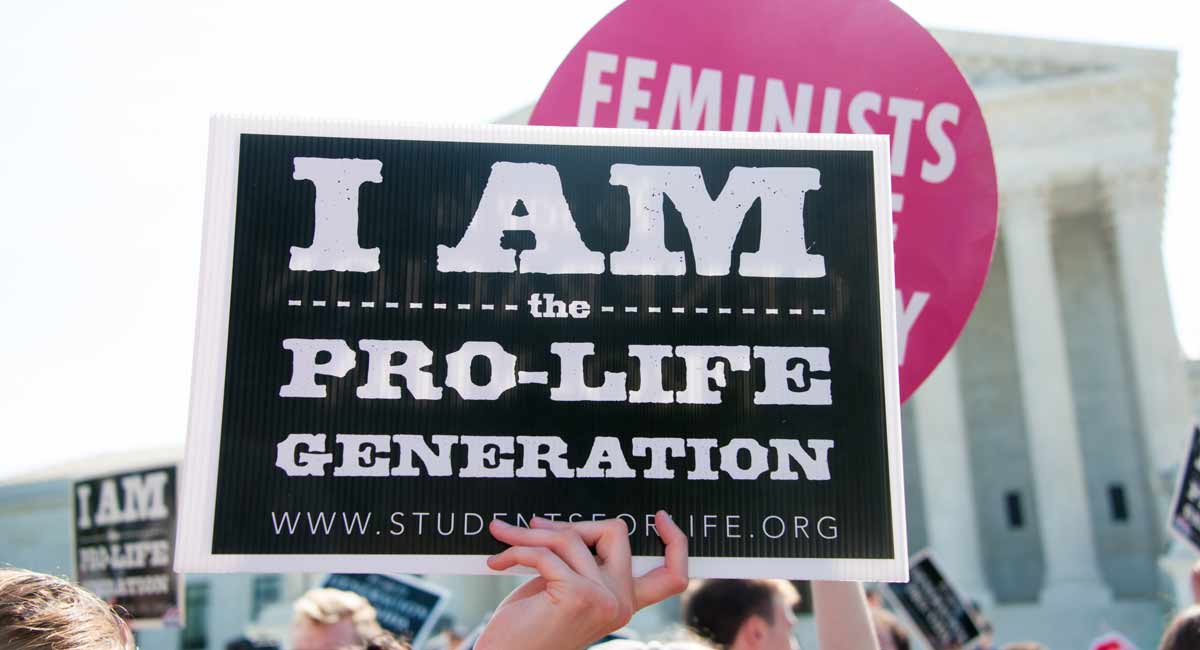(National Review) One encouraging development for the pro-life movement is the significant increase in the number of pro-life laws being enacted at the state level. According to the Guttmacher Institute, between 1983 and 2010, the average number of pro-life state laws enacted annually was fewer than 15. Between 2011 and 2017, meanwhile, an average of 57 state-level pro-life laws were enacted each year, and between 2000 and 2019, the number of states that Guttmacher deemed “hostile” to abortion rights increased from four to 22.
The obvious reason for this increase is that Republicans have won majorities in state legislatures. In 1992, Republicans controlled both chambers of the state legislature in only seven states; now, they control both chambers of the state legislatures in 30 states. Over the course of the past 40 years, both political parties have become increasingly polarized on the issue of abortion. As a result, when state legislatures flip from Democratic control to Republican control, it is much easier for pro-lifers to enact protective legislation.
A recent study published in the Journal of Women, Politics, and Policy — entitled “Rewinding Roe: Understanding the Accelerated Adoption of State Level Restrictive Abortion Legislation 2008-2014” — highlights another important factor behind this recent surge in pro-life legislation. It found that states with a higher percentage of female lawmakers in the Republican legislative caucus enact a greater number of pro-life laws than other GOP-controlled legislatures.
READ: Two pro-life Congresswomen introduce bills to defund Planned Parenthood
The results of this study also suggest that Susan B. Anthony List president Marjorie Dannenfelser had a good insight when she and other pro-life women founded SBA List more than 25 years ago — namely, that in order to succeed legislatively, the movement should focus on electing pro-life women to office. When SBA List began in 1992, there were only two consistently pro-life women serving in Congress. In the current Congress, there are 13 pro-life women serving in the House and five pro-life women serving in the Senate. Meanwhile, 188 female pro-life elected officials from 43 different states are members of SBA List’s Pro-Life Women’s Caucus.
The pro-life movement has made considerable progress since the early 1990s, and public opinion reflects that many Americans now favor restricting abortion in some circumstances. There also have been increases in the percentage of women who carry their unintended pregnancies to term. Most importantly, the annual number of abortions in the U.S. continues to fall. This new study illustrates that female elected officials have been, and will continue to be, an important part of the pro-life legislative success story.
Editor’s Note: This story was published at National Review and is reprinted here with permission.







